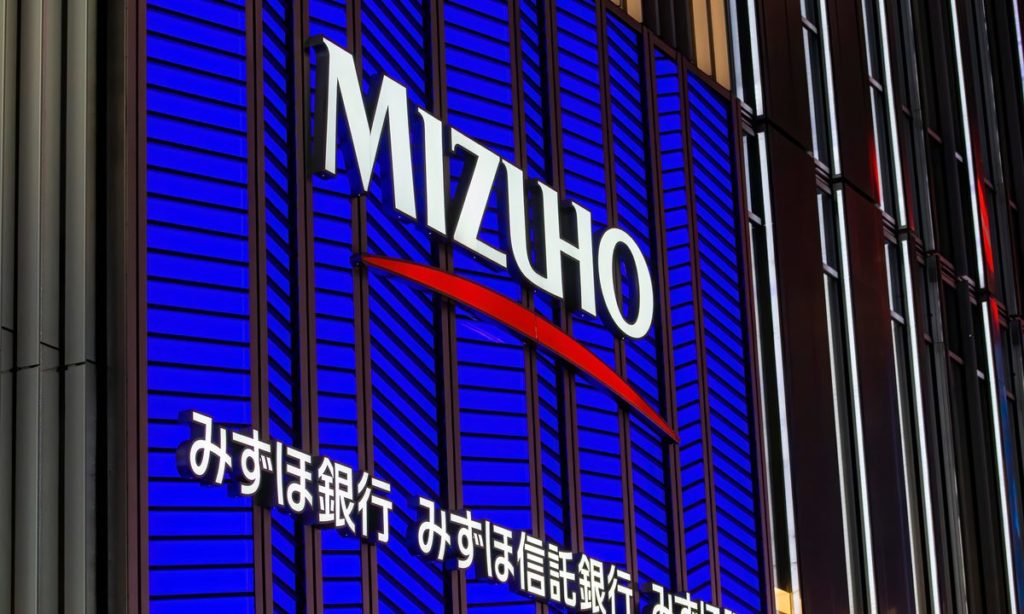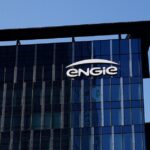Mizuho Strengthens Initiatives for Achieving Net Zero by 2050

Mizuho Financial Group, Inc. has included responding to climate change as a key pillar of our business strategy, and we are harnessing our group’s capabilities to contribute to the achievement of a low-carbon society by 2050. To further our progress in these areas, we have strengthened the following initiatives.
1. Setting new mid-term targets for reducing finance portfolio greenhouse gas emissions
(Oil and gas sector, thermal coal mining sector)
At Mizuho, we are pressing forward with setting mid-term greenhouse gas emissions reduction targets (to be reached by FY2030) in order to reach our long-term goal of achieving net-zero emissions from financing and investment by 2050. We had already set targets for the electric power sector, and we have recently set specific targets for the following sectors: (1) oil and gas, and (2) thermal coal mining.
| Sector | Business | Scope(s) | Mid-term targets for FY2030 |
| Oil and gas | Upstream production | Scope 1, 2 | GHG emission intensity: 4.2 gCO2e/MJ (FY2019 result: 6.6 gCO2e/MJ) |
| Scope 3 | Absolute GHG emissions: Reduction of between 12% and 29% from FY2019 result | ||
| Thermal coal mining | Thermal coal mining | Scope 1, 2, 3 | Absolute GHG emissions: Zero balance by FY2030 for OECD economies Zero balance by FY2040 for non-OECD economies |
With the aim of achieving a net-zero real economy, we will support initiatives on the transition to low carbon, including the business structure transformation initiatives of clients in relevant sectors. We will also pursue efforts to limit the increase in global temperature to 1.5°C through cooperation with a range of stakeholders.
See related article: The Allstate Corporation Announces a Net Zero Emissions Commitment
2. Strengthening support for transition towards achieving a low-carbon society
Having recognized that the transition of high-emitting industries is critical to achieving a low-carbon society, we support the business structure transformation of clients in relevant sectors, with engagement as our starting point.
At Mizuho, we have now developed a framework (standards and verification process) to confirm the credibility and transparency of transition strategies in order to more proactively supply the necessary financing for our clients’ business structure transformation. Among our clients in high-risk areas,1 we have begun implementing this framework for those in the electric power sector that are formulating transition strategies.
We will continually reinforce this framework to reflect external trends and other factors, and we will look into expanding the scope of the clients to which we apply it.
| Enhanced risk control in carbon-related sectors through this initiativeWhen we can confirm that the client’s transition strategy meets the standards of our internal verification process, we will proactively provide financing for their business structure transformation. This may result in a temporary increase in our exposure in high-risk areas. However, assisting our clients with their transition strategy design and execution enables us to manage our transition risk appropriately and mitigate our medium- to long-term transition risk. Standards We have set standards with reference to the four key elements of the disclosures recommended in the International Capital Market Association’s Climate Transition Finance Handbook. The standards cover strategy and materiality, disclosure, governance structure, science-based targets, and outlook for decarbonization technology development / adoption. Verification process We engage with our clients to verify their transition strategy. Specialist departments with insight into the relevant sector and into sustainability assess whether or not it satisfies the above standards. |












